How to Safely Dispose of Cooking Grease Without Blocking Your Pipes
Dispose cooking grease, Cooking is a daily ritual for many households and often one of the most enjoyable parts of the day. Whether you are preparing a hearty Sunday roast, sizzling bacon for breakfast, or creating a rich pasta sauce, each delicious meal usually leaves behind one thing that is not as welcome — cooking grease.
While it may be tempting to pour that leftover oil or fat down the kitchen sink and follow it with a stream of hot water, this is a mistake that can lead to serious plumbing problems. The truth is that cooking grease is one of the most common causes of blocked drains, unpleasant odours, costly repairs, and even environmental damage.
At Drainage and Plumbing LTD, we see the consequences of grease disposal mistakes every week across South East England. This is why we believe prevention is just as important as repair. In this guide, you will discover exactly why grease causes so many issues, the myths that keep people making the same mistake, and most importantly, how to dispose of cooking grease safely so your drains remain clear and your home stays protected.
Why Cooking Grease is a Hidden Threat to Your Drains
Grease appears harmless when it is hot because it looks like a liquid that can flow freely. However, the moment it travels through your pipes and begins to cool, it starts to solidify. This solid grease sticks to the inside walls of your pipes and acts like glue, attracting food scraps, coffee grounds, soap residue, and other debris that would otherwise flow away.
As these layers build up over time, they can form thick blockages often called fatbergs. These blockages are incredibly stubborn and can cause several serious problems, including:
- Slow drainage where sinks, showers, or bathtubs take much longer to empty
- Persistent foul smells caused by decomposing grease and food waste
- Complete blockages that prevent any water from passing through
- Increased pressure on pipes that can lead to cracks, leaks, or bursts
The issue does not stop at your home. Once grease leaves your property, it can contribute to fatbergs in the public sewer system. These massive blockages can lead to sewage overflows, damage to public infrastructure, contamination of rivers and beaches, and harm to wildlife.Dispose cooking grease.
Common Myths About Grease Disposal
One reason grease problems are so common is that there are several persistent myths about how to dispose of it.
Hot water will flush it away – Hot water only keeps grease in liquid form for a short time. As soon as it cools, which happens quickly inside underground pipes, it will harden again and stick to the walls.
Dish soap breaks it down – Soap can temporarily mix grease with water into tiny droplets, but those droplets still contain fat. Once the water cools, they solidify and create the same problem, sometimes even sticking more effectively due to the soap film.
Small amounts are harmless – Even a teaspoon of grease poured down the drain each day will build up over time. Think of it like adding bricks to a wall. Eventually, you will have a solid barrier blocking your drain completely.
Understanding these myths is the first step toward breaking bad habits and protecting your pipes.
How to Dispose of Cooking Grease the Right Way, Dispose cooking grease
The good news is that preventing grease blockages is straightforward once you know the correct methods. These approaches are easy to follow and effective in keeping your plumbing clear.
Cool It, Scrape It, and Throw It Away
Allow the grease to cool and harden in the pan or pot after cooking. This might take a little time, but it is essential for safe disposal. Once it is solid, scrape it into a container such as an empty tin can, an old milk carton, or a used plastic tub. You can also use paper towels for small amounts. Once the grease is contained, place it in your household rubbish bin.
Use a Grease Collection Container
If you cook with oil frequently, keep a designated grease jar or container near your stove. Pour cooled grease into it after each use. When it is full, seal it and dispose of it in your rubbish bin. Some containers are designed to solidify the grease quickly, which makes disposal even easier.
Check for Local Recycling Programs
Some areas in South East England offer cooking oil recycling programs. These programs often convert oil into biofuels, making them an environmentally friendly option. Contact your local council or waste management service to see if this is available in your area.
Avoid Composting Animal Fats
While very small amounts of plant-based cooking oils can sometimes be composted, animal fats should never go in a compost pile. They can attract pests, create unpleasant odours, and disrupt the composting process.Dispose cooking grease.
Kitchen Habits That Prevent Grease Build Up
Disposing of grease correctly is important, but preventing it from entering your sink in the first place is even better. Here are a few simple habits that will protect your drains:
- Wipe pans, pots, and baking trays with paper towels before washing
- Use sink strainers to catch food scraps before they enter the drain
- Scrape leftovers into the rubbish bin instead of rinsing them away
- Avoid pouring oily sauces, gravies, or salad dressings into the sink
- Be careful when deglazing pans and dispose of any oily residue properly
The golden rule to remember is never to pour grease, oil, or fat down the sink, toilet, or garbage disposal under any circumstances.
How to Spot a Developing Grease Blockage
Even with the best prevention methods, blockages can still happen. Catching them early can save you from a plumbing emergency. Warning signs include:
- Water that drains slowly from sinks or bathtubs
- Gurgling noises coming from the pipes
- Unpleasant smells that linger around the kitchen sink
- Water backing up into sinks or showers
If you notice any of these symptoms, it is best to act quickly before the blockage worsens.
When to Call a Professional
Grease blockages are often too stubborn for household remedies to remove completely. Chemical drain cleaners may seem like a quick fix, but they can damage your pipes and push the problem further down the line.Dispose cooking grease.
At Drainage and Plumbing LTD, we provide professional solutions for grease clogs, including:
- High pressure water jetting to remove hardened deposits and clean pipes thoroughly
- CCTV drain surveys to locate blockages and assess pipe condition
- Grease build up removal to restore proper water flow
- Emergency drainage services available twenty four hours a day
We proudly serve the entire South East England region within a twenty five mile radius, including Croydon, Sutton, Wallington, Coulsdon, Banstead, Bromley, Mitcham, Epsom, Reigate, Redhill, Leatherhead, Kingston upon Thames, Wimbledon, Richmond, Caterham, Guildford, Crawley, and Haywards Heath.
Our Simple Service Process , Dispose cooking grease
We make it easy to get professional help when you need it most:
- Contact us by phone, email, or WhatsApp with your issue
- We aim to arrive within sixty minutes for emergency call outs
- Our engineers assess the problem, explain the solution, and fix it on the spot whenever possible
Conclusion
Disposing of cooking grease the right way is one of the simplest things you can do to protect your plumbing, avoid unpleasant smells, and save money on costly repairs. By adopting the cool it, scrape it, and throw it away method along with preventative kitchen habits, you can keep your drains clear and functional.
If you do encounter a stubborn blockage, remember that Drainage and Plumbing LTD is always ready to help with fast, reliable, and professional service.Dispose cooking grease.
📞 07771200075
📧 support@drainage-plumbing.co.uk
🌐 https://drainage-plumbing.co.uk/
Drain Cleaning South East England | 24/7 Drain Unblocking Servise


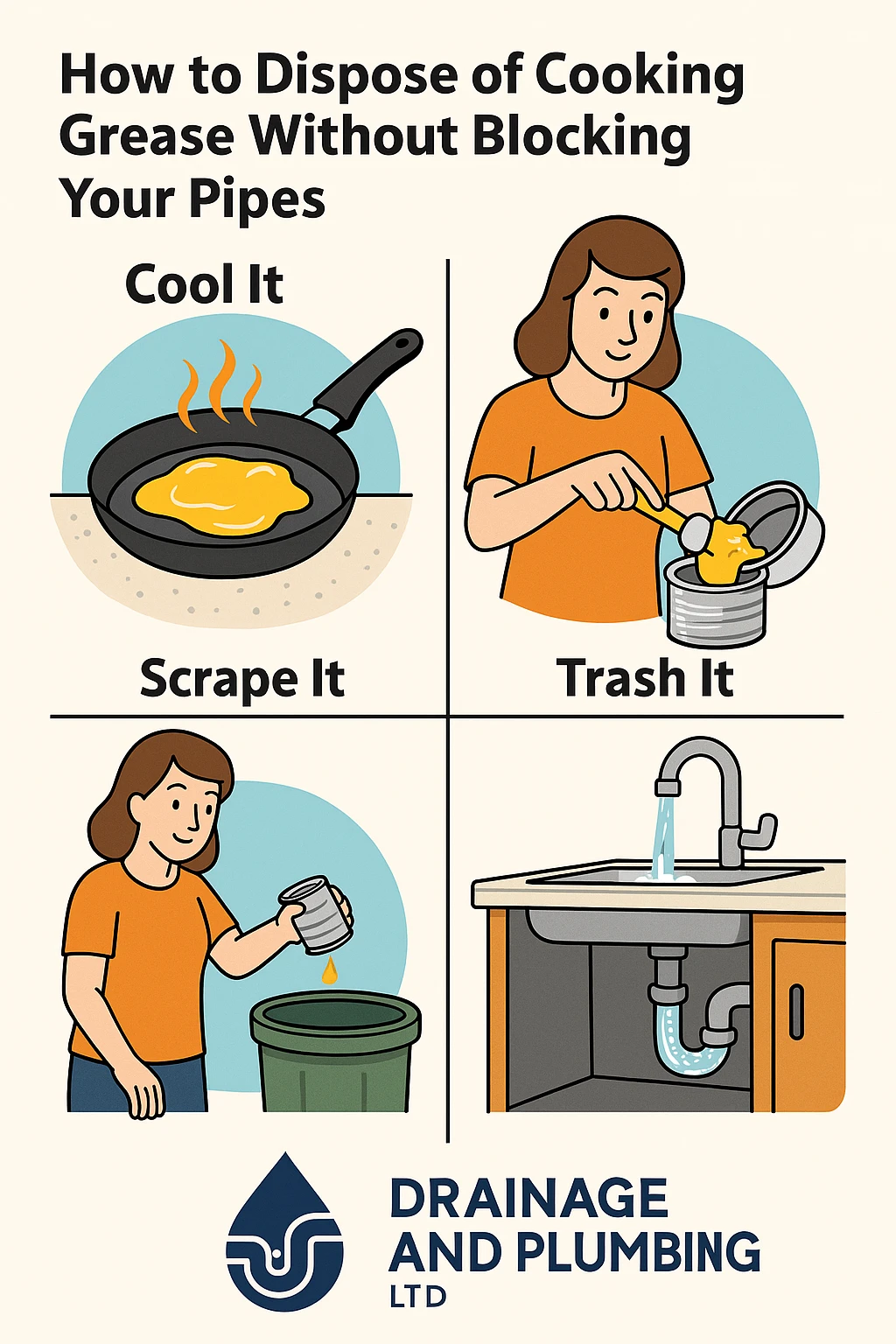
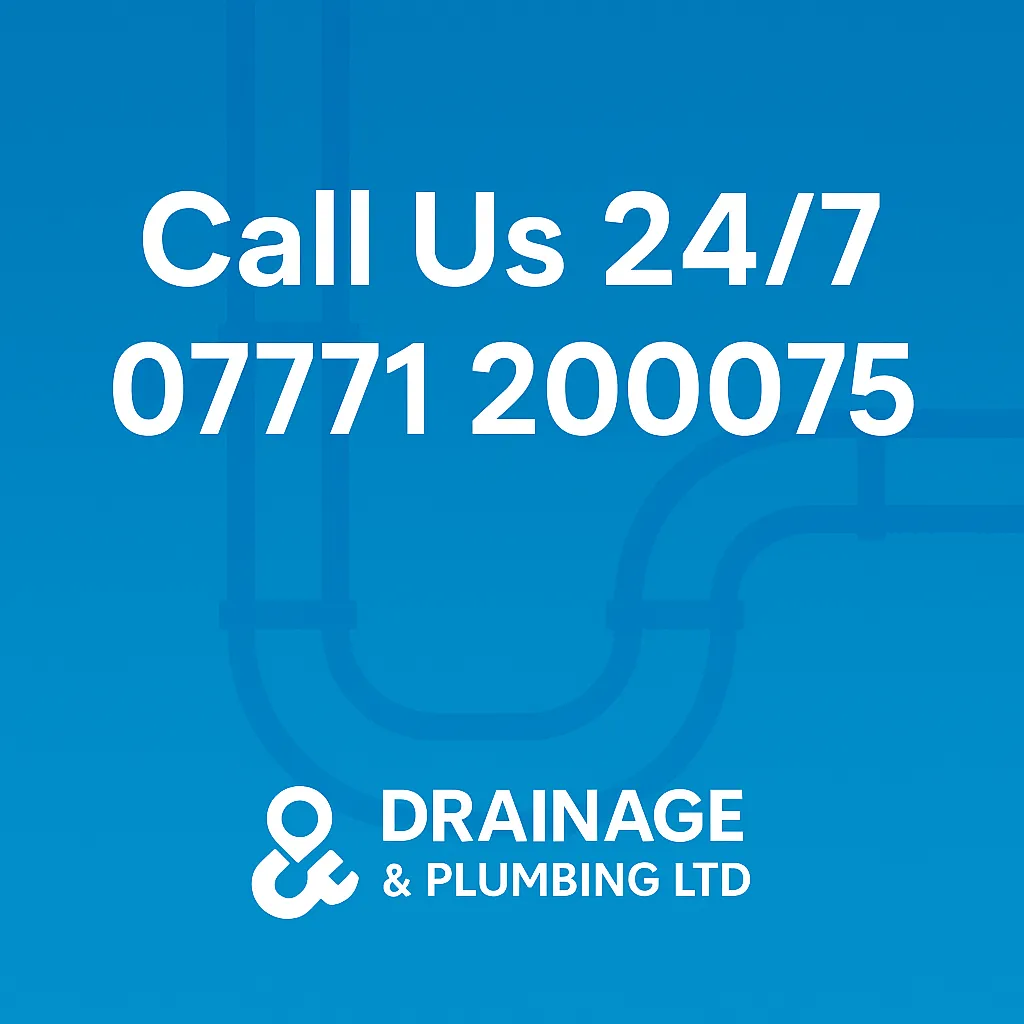
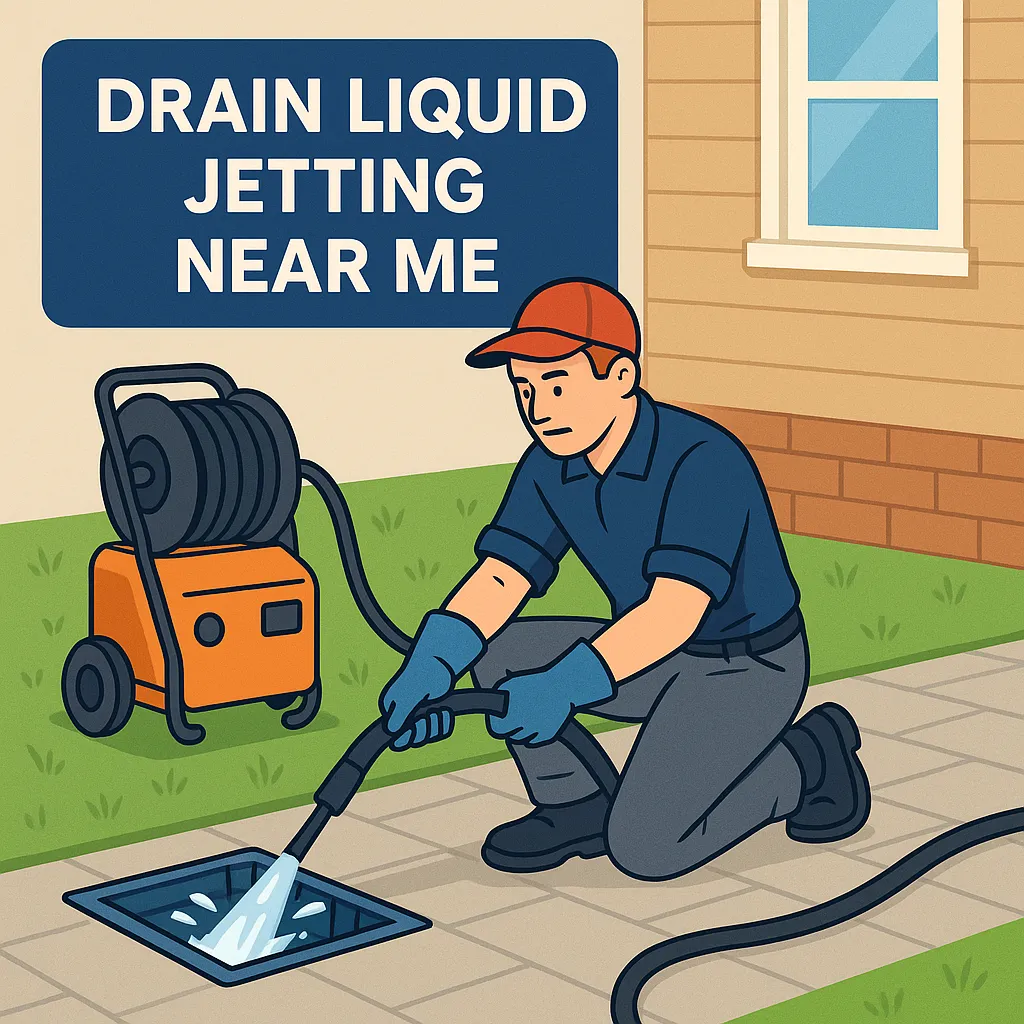
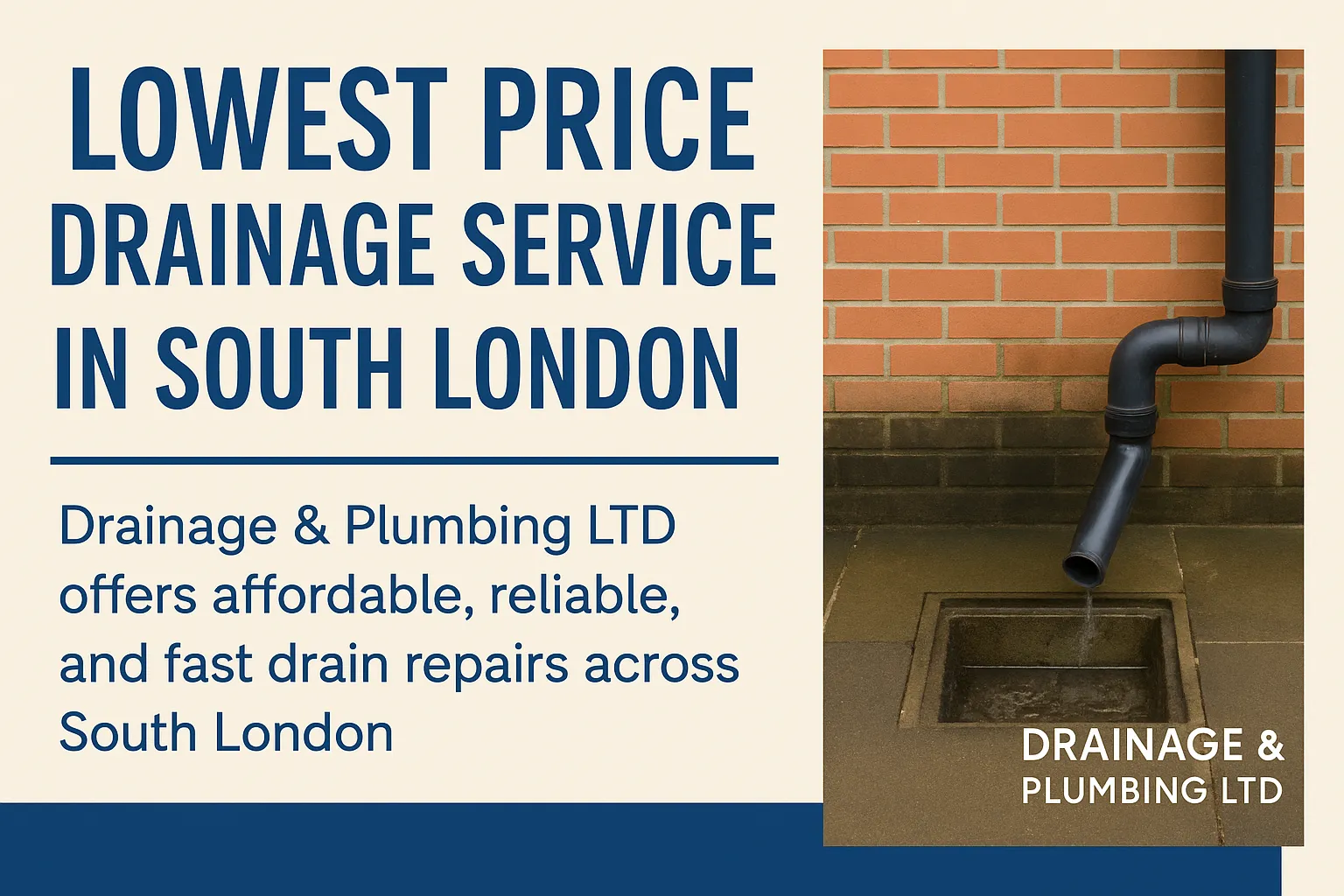

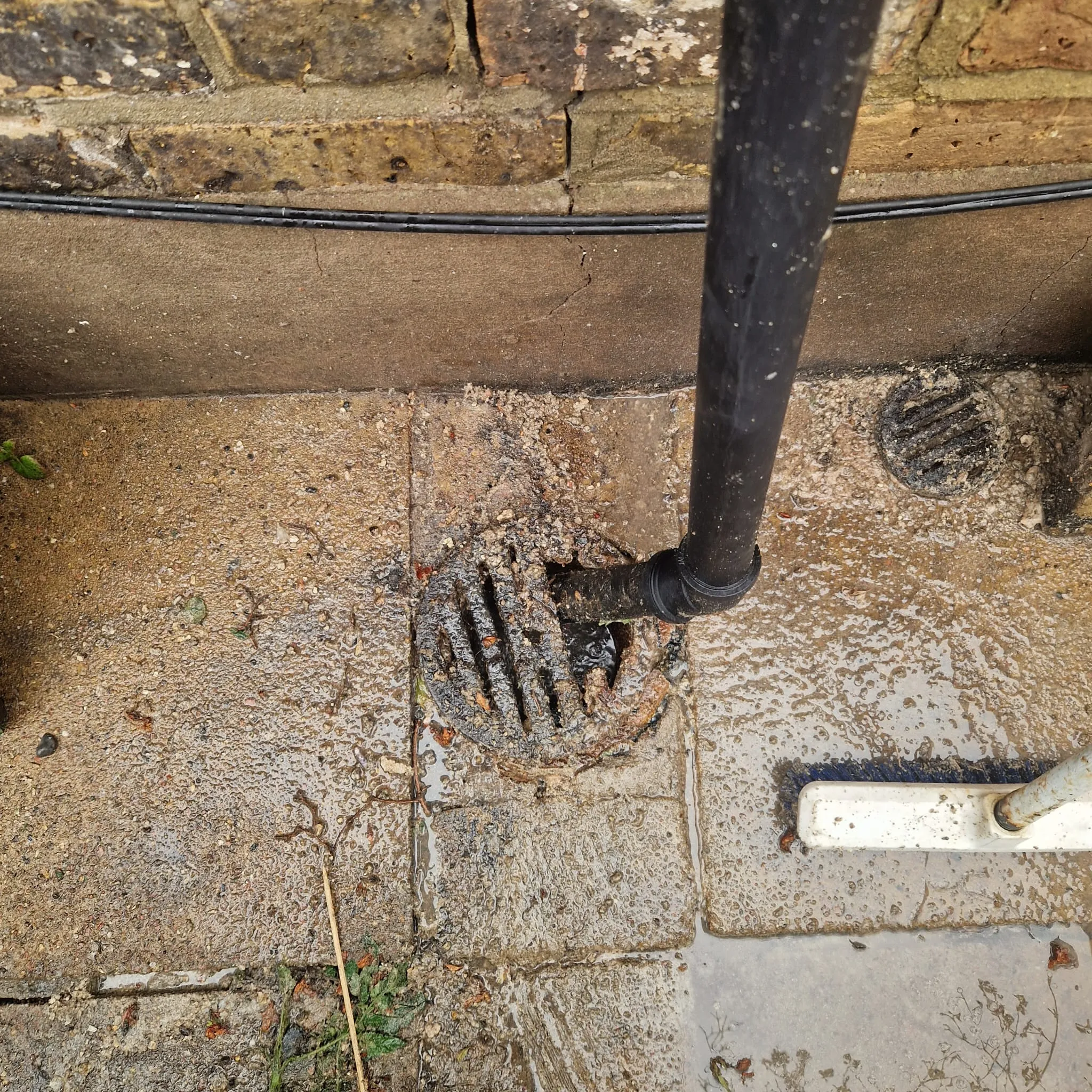
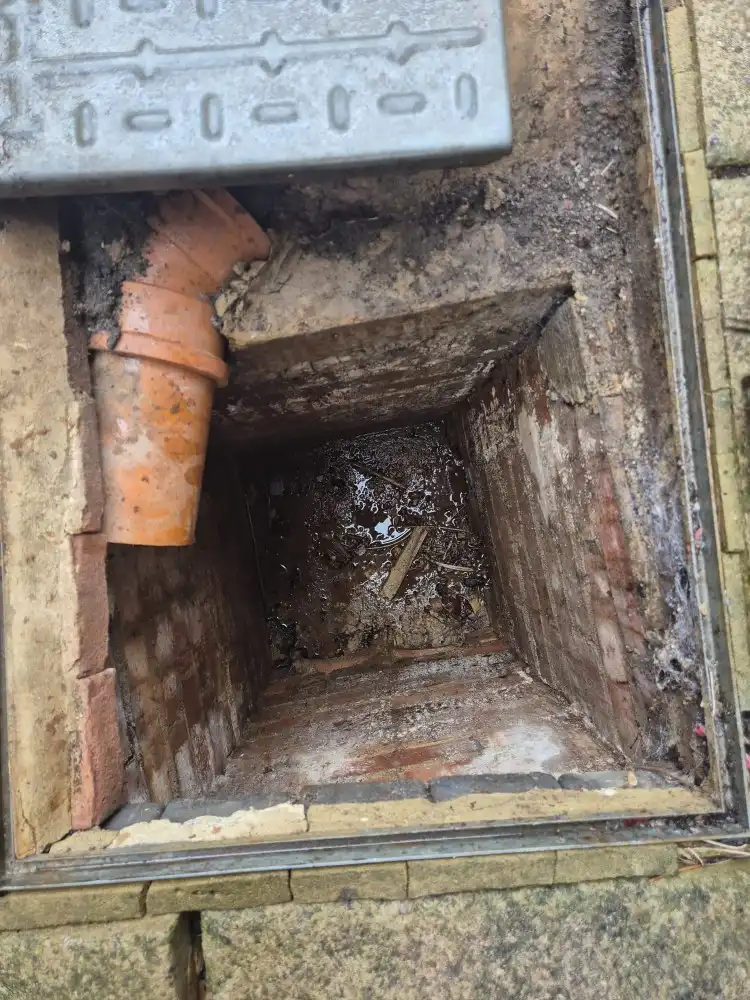
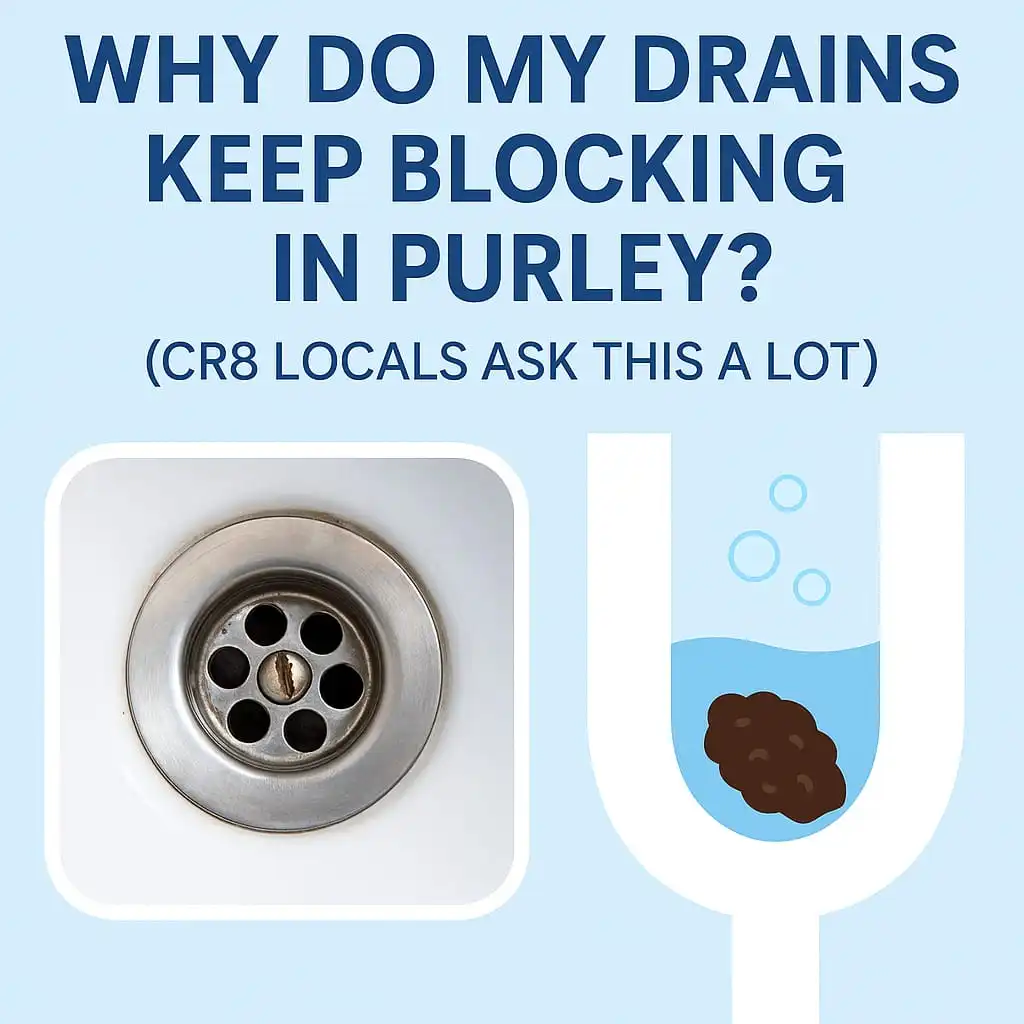
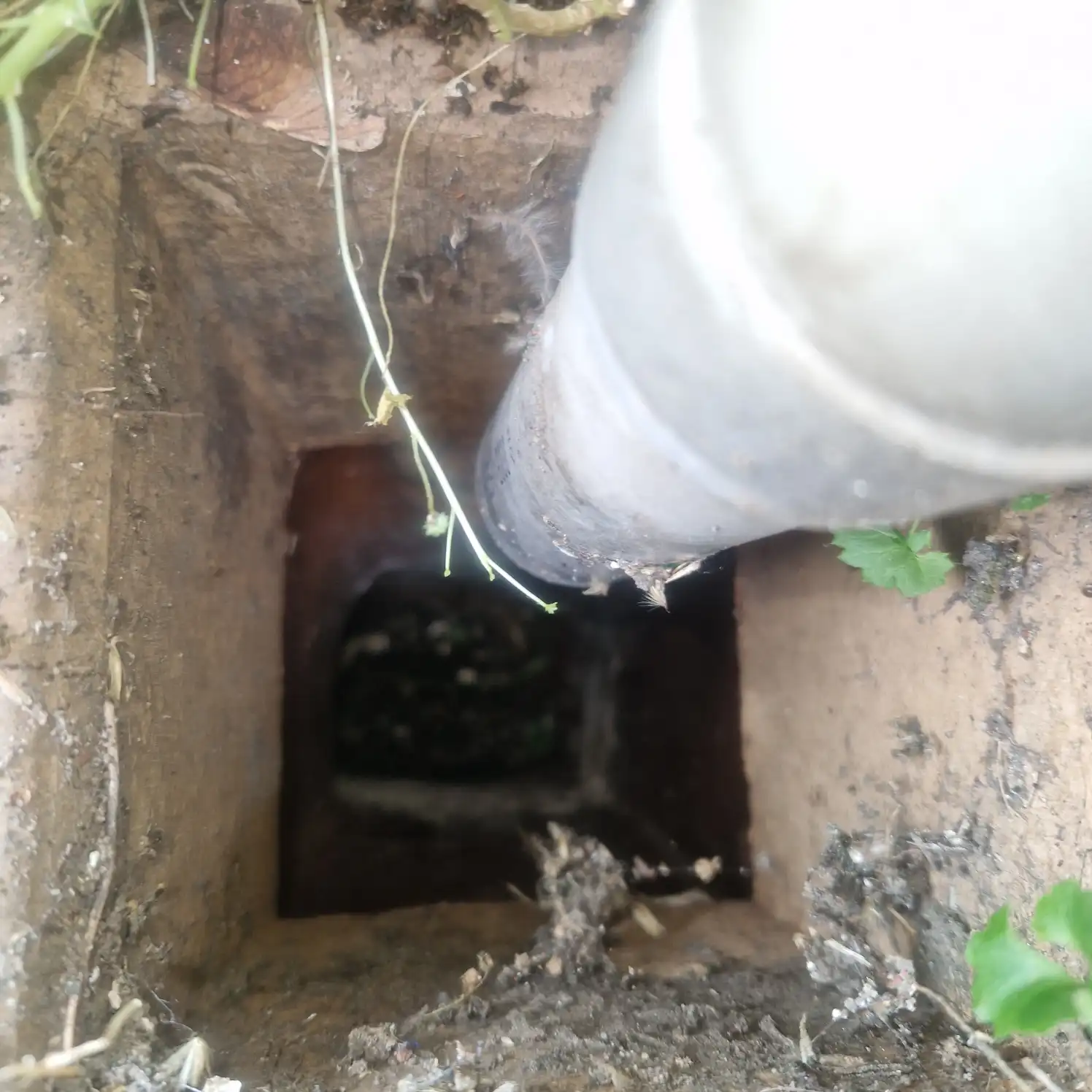
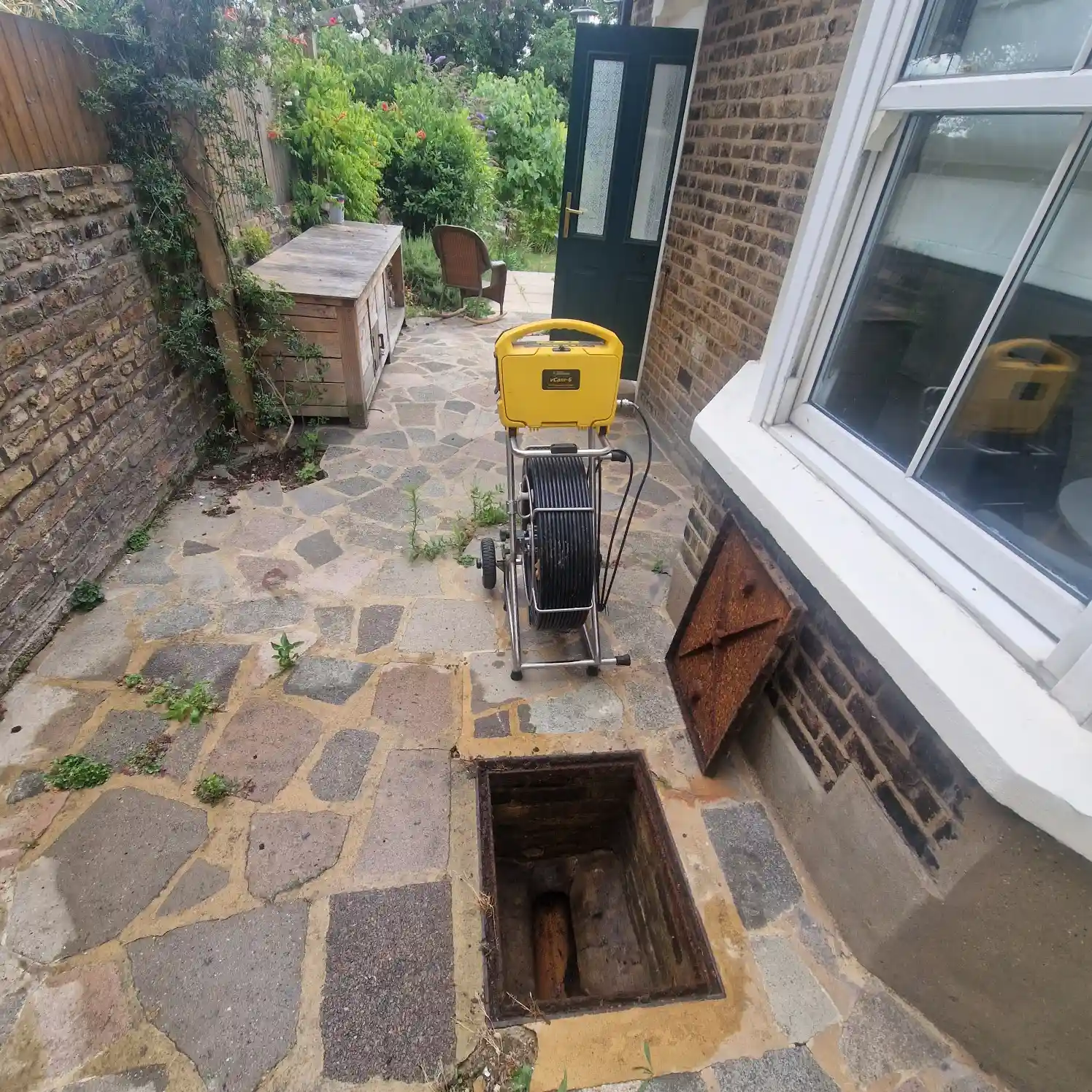
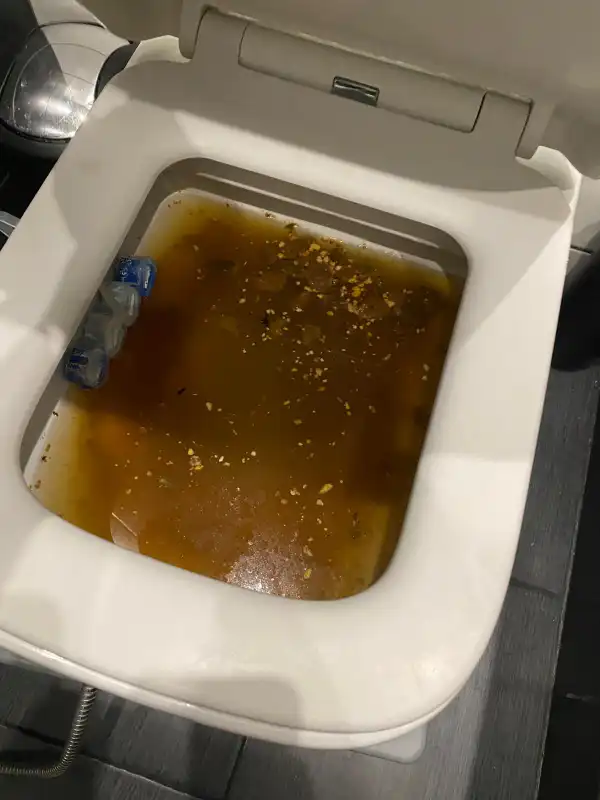
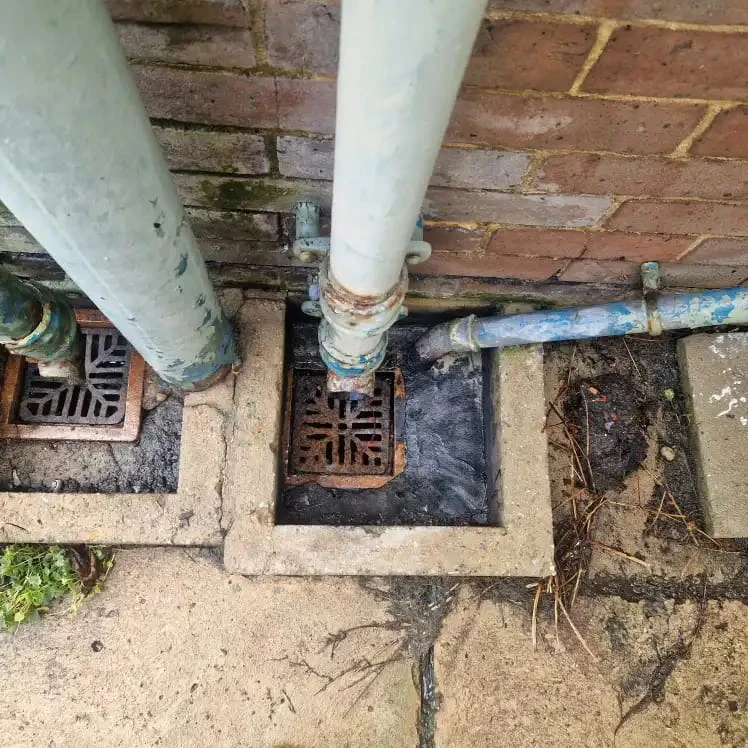
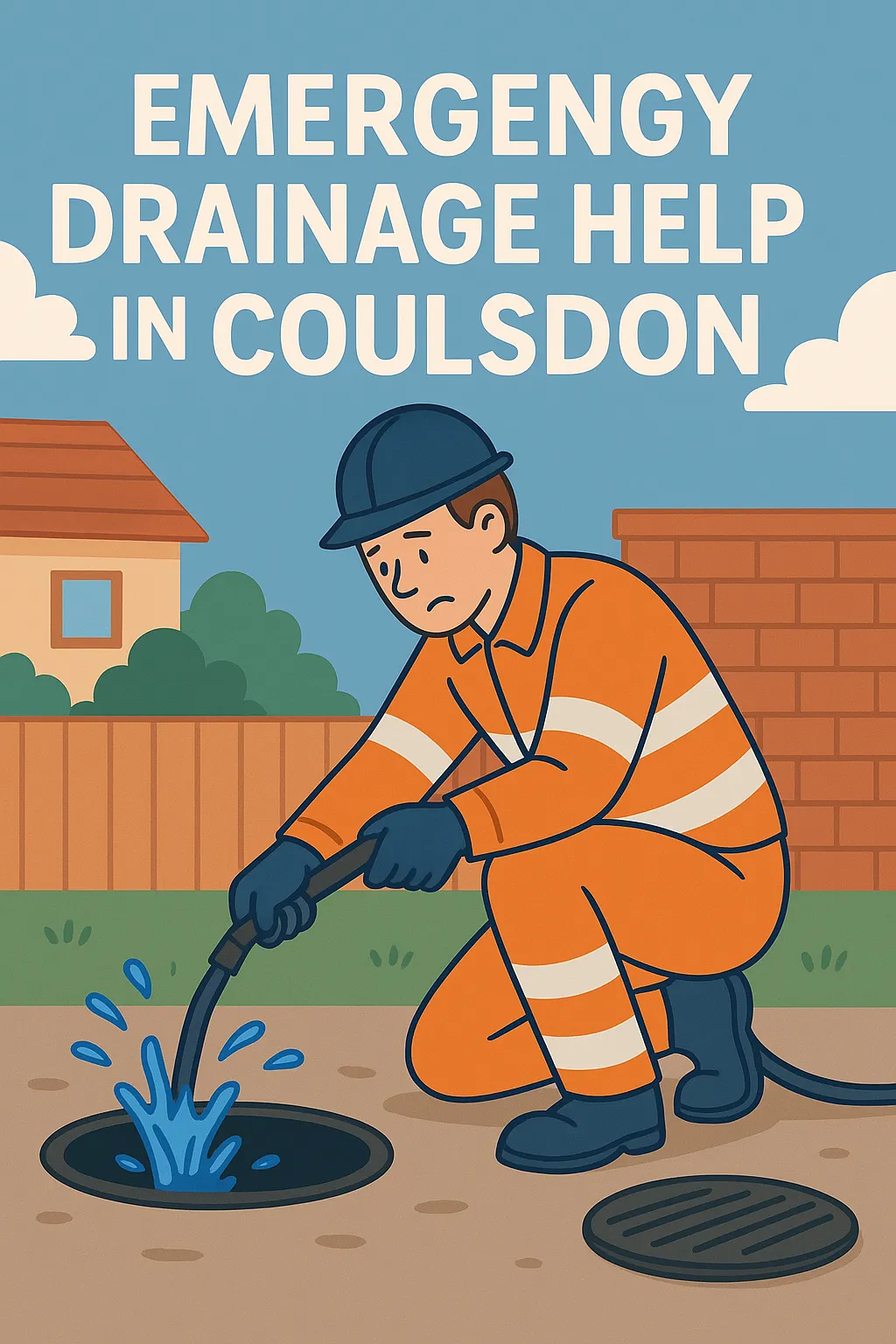
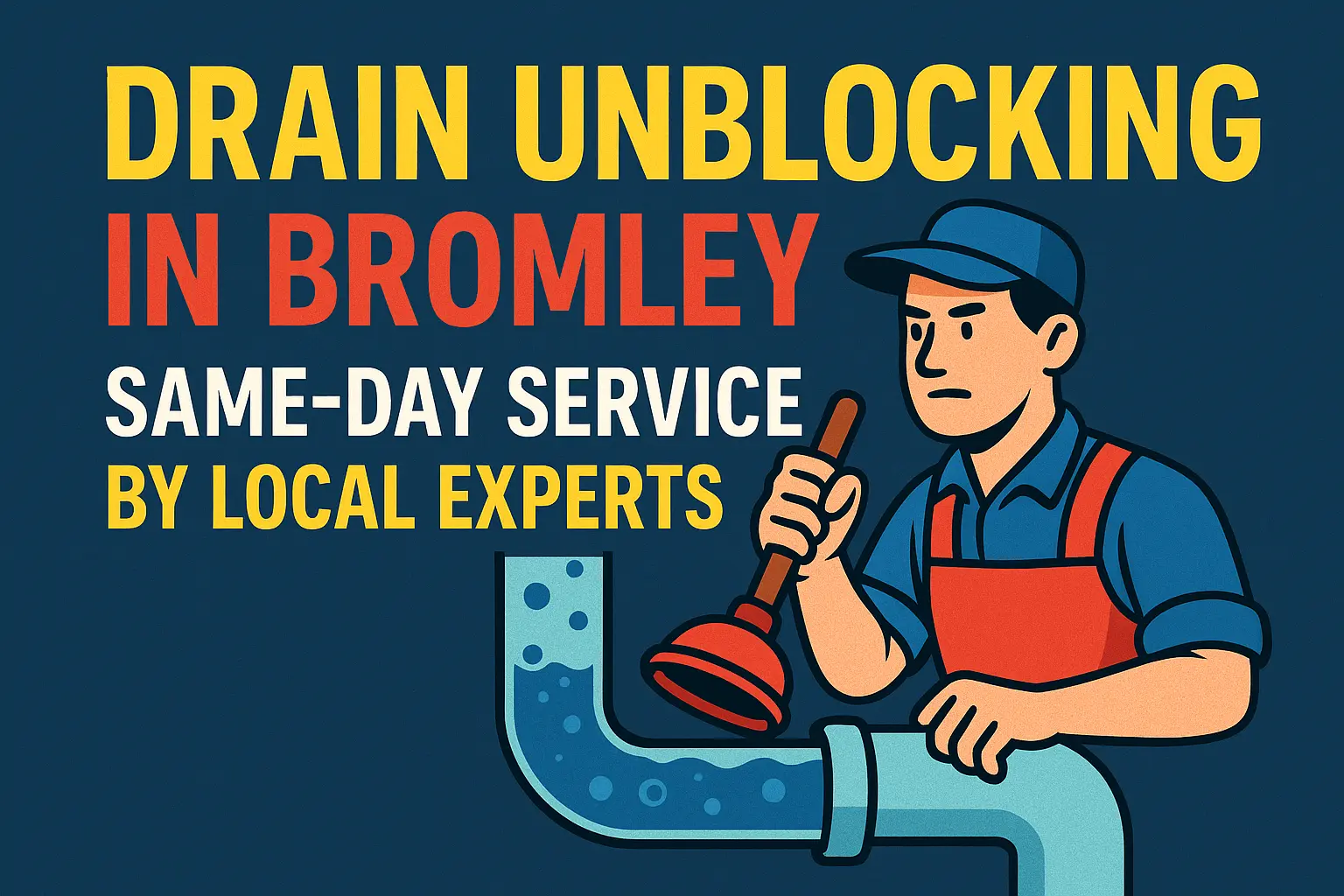

[…] How to Dispose of Cooking Grease Without Blocking Your Pipes […]